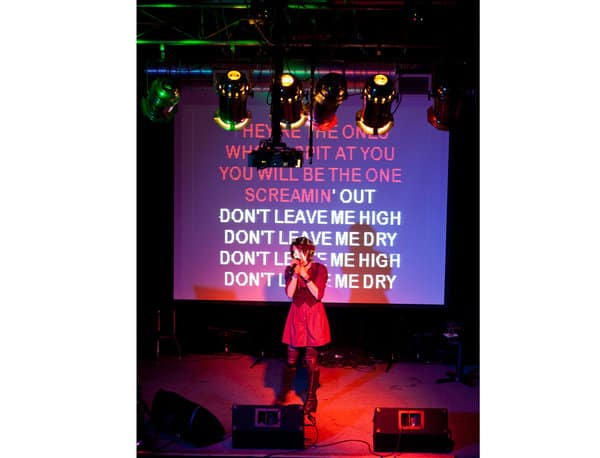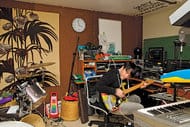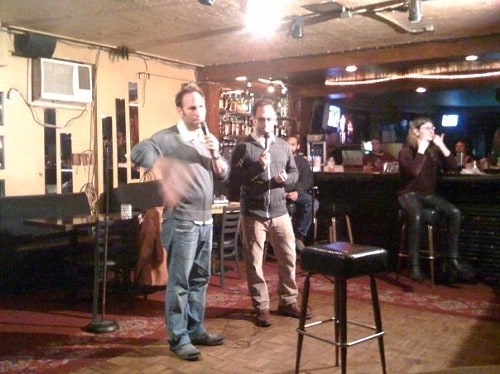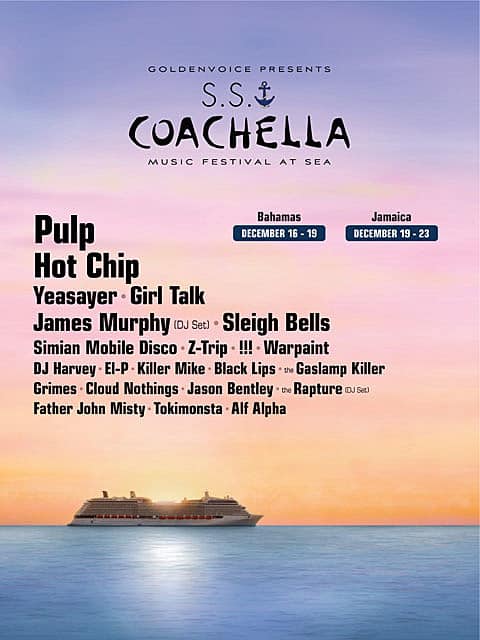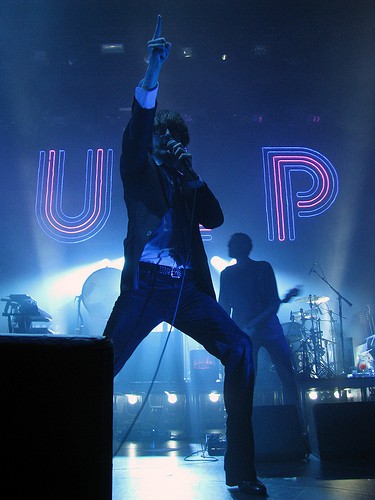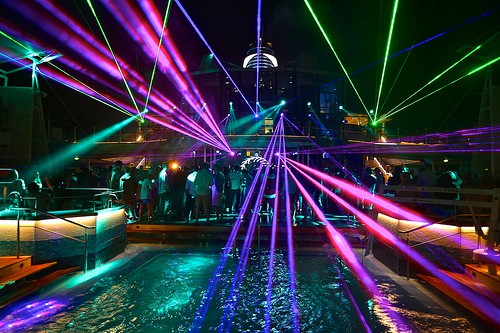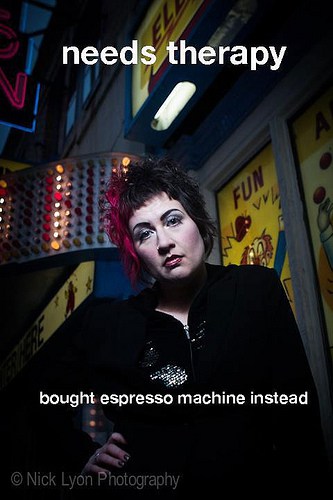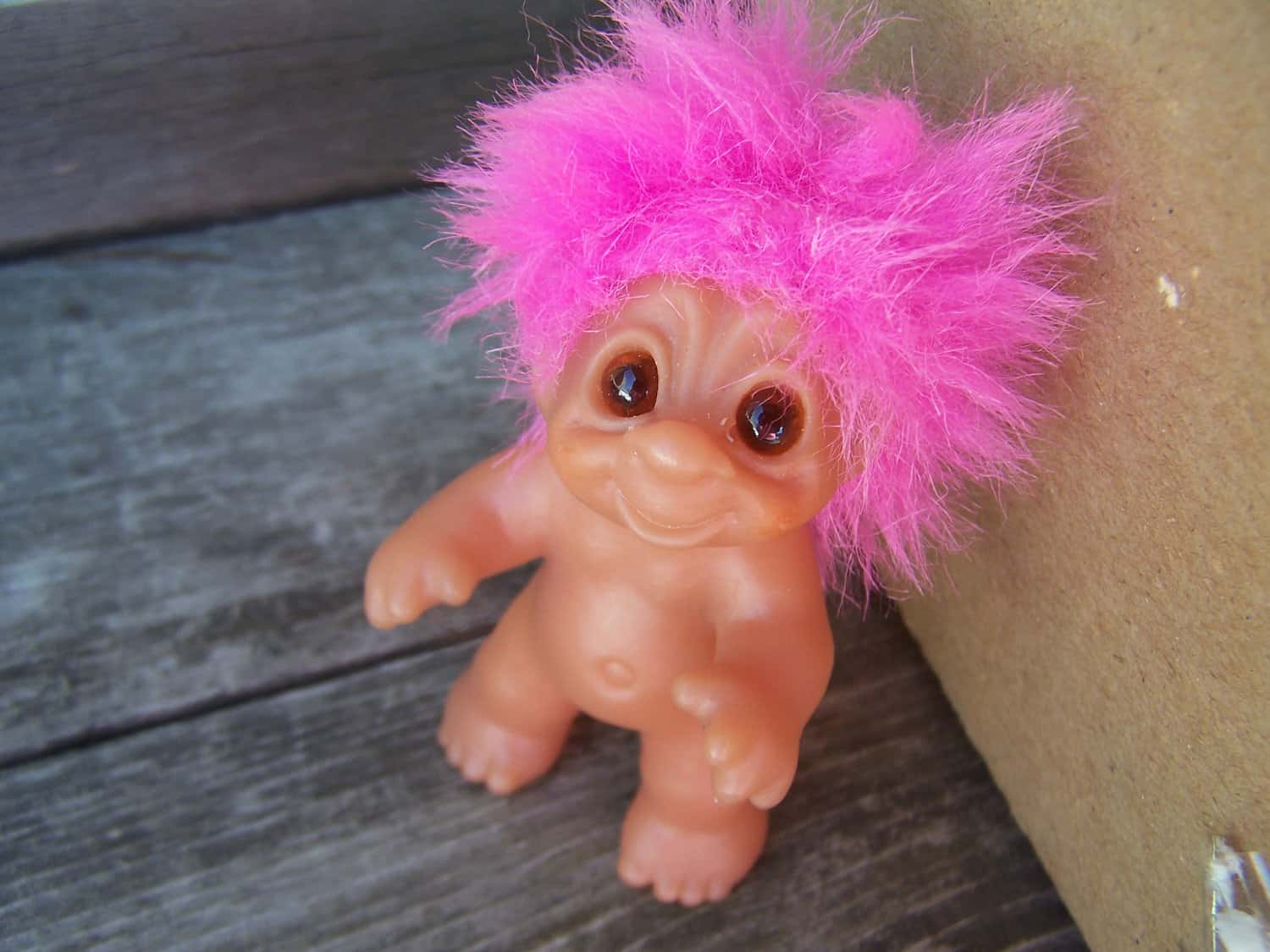Hey Ya! Song Interpretation
This was one of the biggest songs from the last decade, but do you know what lies below The Love Below? I’ll be interpreting songs at Book Klub, hosted by Doug Mellard and Sofiya Alexandra, every month at Stories on Sunset!

